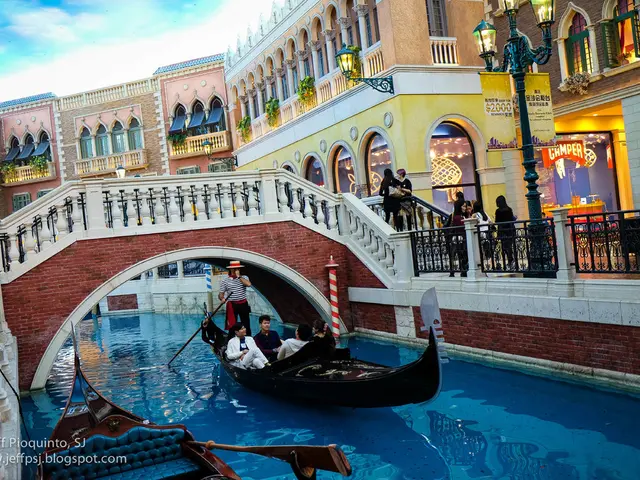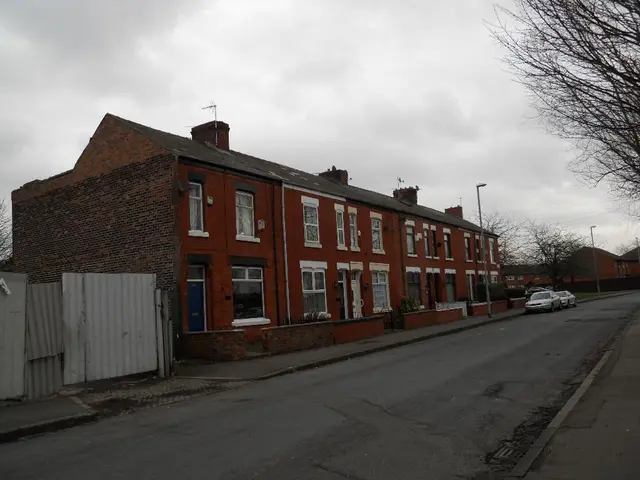Government Manipulation of Funds for Political Gain
In a representative democracy, elected officials are entrusted with the extensive power of decision-making, a responsibility that can sometimes be abused in the form of pork barrel politics. This strategy involves the distribution of government funds to specific projects in certain areas, with the primary motive being to gain political support from voters in that region.
Pork barrel politics can lead to ill-informed decisions in a democratic society. Elected officials, in their pursuit of personal gain, may overlook the collective interest of the democracy. Examples of such projects can be found in the infamous "Bridge to Nowhere" project in Alaska and the City of Bell scandal in California.
Despite its potential for corruption, pork barrel politics offers some benefits. Politicians can use this strategy to fulfill campaign promises, increase visibility, and improve their reputation among constituents. The strategy is also geared towards increasing local economic activity, generating indirect and direct revenue for the government, ensuring that elected officials respond to the needs of their communities, and enhancing local development and promoting economic growth in underdeveloped areas.
However, the first significant disadvantage of pork barrel spending is that funds are allocated based on political motivations rather than actual needs. This uneven distribution of resources and expenditures can lead to the destruction of jobs and the neglect of areas that genuinely require the funds.
Moreover, the distribution of funds in pork barrel politics can be biased, with politicians favouring their constituencies or wealthy donors, leaving out the areas that genuinely need the funds. This bias can create resentment among constituents, as some areas receive more significant investments than others.
The risks associated with pork barrel politics are not limited to its potential for corruption. Politicians may engage in corrupt activities to ensure re-election and maintain the funds they have gained. The reliance on allocating funds from the government's budget can incentivize such corrupt practices.
Despite the earmark ban, pork barrel politics continues to play a role in the political landscape. Politicians have found other ways to secure funding for their districts or states, the specifics of which are often informal, context-dependent, and vary across countries, making them difficult to verify publicly.
Pork barrel politics can come at the expense of other projects that could benefit more people, such as infrastructure, healthcare, and education. It is crucial for democracies to strike a balance between responsiveness to local needs and the equitable distribution of resources for the greater good.
Read also:
- United States tariffs pose a threat to India, necessitating the recruitment of adept negotiators or strategists, similar to those who had influenced Trump's decisions.
- Weekly happenings in the German Federal Parliament (Bundestag)
- Southwest region's most popular posts, accompanied by an inquiry:
- Discussion between Putin and Trump in Alaska could potentially overshadow Ukraine's concerns








